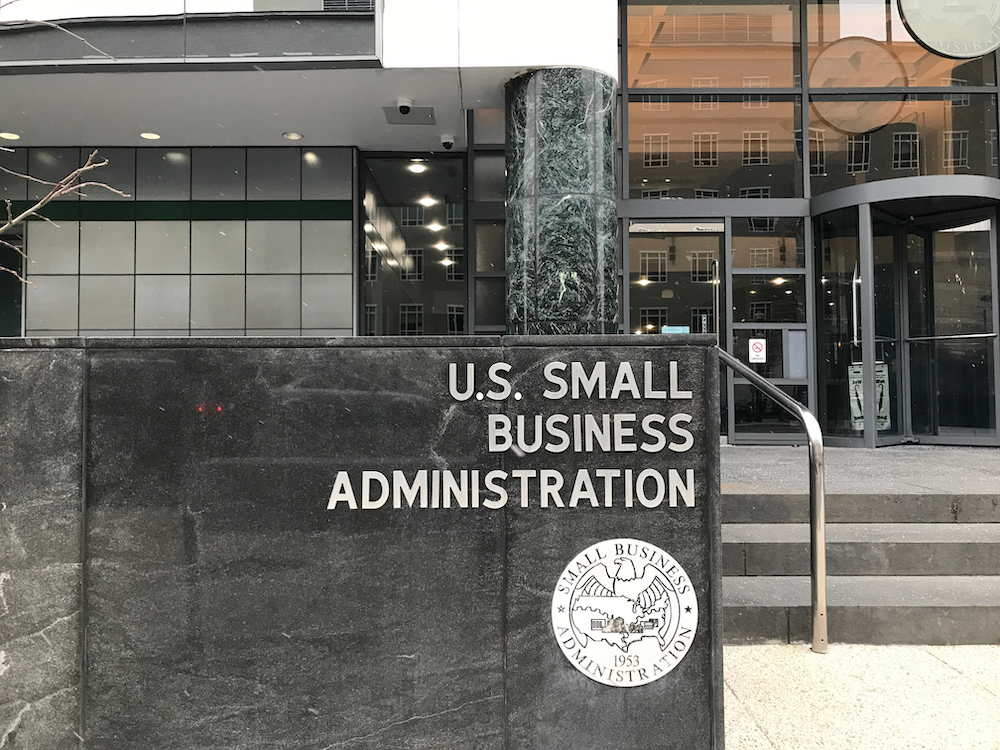
Here’s a hot question right now in buyer circles…
Is the Small Business Administration (SBA) loan program for Americans only?
The short answer is – technically, yes.
But there is a way that non-U.S. citizens can still leverage SBA financing.
Let me explain…
The SBA is a U.S. government body that underwrites the majority of bank financing for business acquisitions. It can also be used for financing an existing business for growth.
To be absolutely clear, the SBA doesn’t provide the actual loan… that comes from a U.S.-retail bank. (There are tons of banks that are part of the SBA program.) The SBA just underwrites the majority of the loan. Basically, the SBA verifies the business’s financials – income, assets, debt, etc. – to give final approval on the loan.
But here’s the golden rule: The business being acquired must have 51% minimum ownership by U.S. citizens.
This includes “look-throughs.” So if you are a non-U.S. citizen and have LLCs formed inside of the U.S., the SBA looks through every detail down to the specific individuals who will ultimately have shares or membership units in the business.
Which means if you are not a U.S. citizen and want to utilize SBA financing, you’ll need a U.S. citizen as a partner – to the tune of 51%.
Now, you might say, “But Carl, why would I give away 51% of the business I want to buy?”
Simple.
It’s better to own 49% of a business than 100% of nothing – that is, if the SBA is the only way you can raise financing for a closing payment. (Always start with the four best ways to fund any deal.)
The SBA should be considered the lender of last resort. Unlike traditional asset-based financing, one of its requirements is that you as the buyer need to bring a small amount of capital to the table.
So if you found the deal and are doing the lion’s share of the work, your 51% partner can be the investor who provides the 5—20% of the capital required.
If you don’t want to partner with an investor, form a buying group and share in the ownership of the business.
There are other requirements to participating in the SBA program. It’s a wide range – and they vary significantly from deal to deal.
Requirements are based on…
There are no fixed rules on any one of these factors. The SBA and the bank form an overall opinion of the deal based on some combination.
If you are considering an SBA loan to close a leveraged buyout (LBO) deal, contact several lenders and find out the requirements for each.
The SBA has a really cool Lender Match tool to connect you with the most suitable (and approved) SBA loan providers based on your particular deal.
Check out the SBA’s Lender Match page here.
And remember – when you see a broker-listed deal advertised as “SBA loan-approved,” it’s complete BS.
The SBA (or bank) cannot approve a business for an SBA loan until it knows who the buyer is… and all of the above factors come into consideration.
The U.K. has its own SBA-style financing scheme. It’s called the EFG – Enterprise Finance Guarantee. Launched in 2009, it replaced the SFLG – Small Firms Loans Guarantee.
It works very similar to the SBA lending process in the U.S. – the U.K. government underwrites the majority of the loan.
However, EFG loans in the U.K. are only used for top-up loans. It’s virtually impossible to only use EFG loans for an LBO. Other financing – asset-based lending, debt, equity, etc. – already needs to be in the deal.
Canada also has a similar agency, the CSBFP – Canada Small Business Financing Program. Again, it’s not as lucrative as the SBA… however, it acts as the same “lender of last resort” for deals.
A common disadvantage of all government-backed loans is timing. They do take more time to secure than traditional financing routes.
But if the SBA is the only way you can get financing into your deal, it’s worth pursuing…
Provided you meet the requirements.
Until next time, bye for now.

Carl Allen
Editor and co-founder, Dealmaker Wealth Society
P.S. If you have a question about financing – or any other aspect of buying a business – reply to this email and ask away!